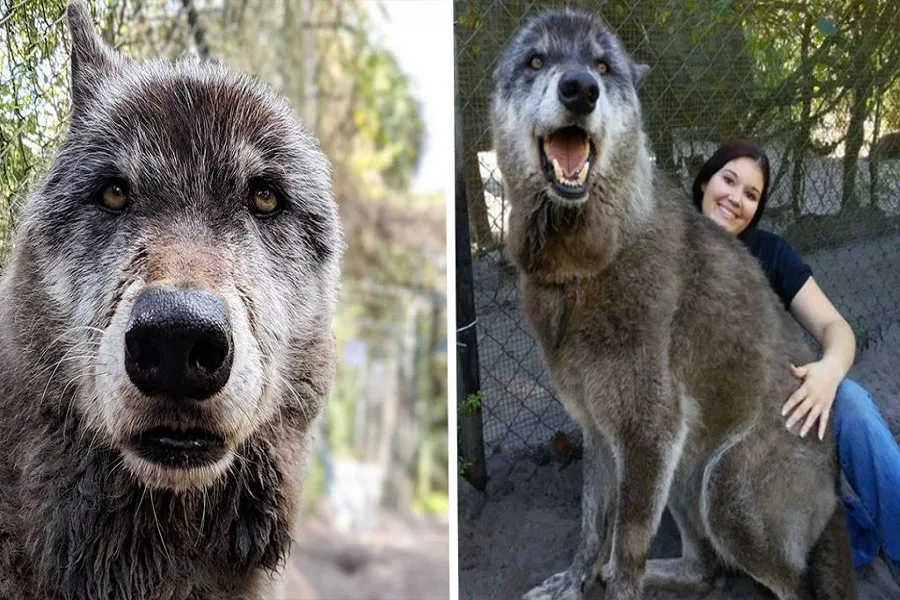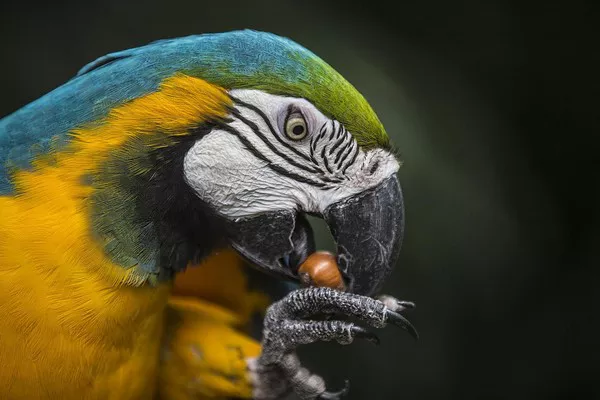Why do cats like to rub people’s pant legs? A unique behavior that cats often do is that they like to rub against people and objects. Sometimes it happens when you’re moving your laundry down the stairs, but it usually happens when you get home after a day out. When your cat rubs on your lap, what is it trying to tell you? While there may be a different meaning behind each event, it’s usually a sign of their love and devotion to you. However, there are many different specific signs that your cat may continue this behavior.
- Declaring territorial ownership of people and the environment Cats rely heavily on their sense of smell for information about the world around them. They have glands on their jaws, cheeks, forehead and even their paws that secrete pheromones. This pheromone is odorless to you and me, but other cats and animals can easily smell it. These pheromones tell other animals a lot about cats that leave them behind. This can include whether the cat is male or female, whether it is intact, whether it is in heat, and even the mood the cat is in at the time! When you get home from get off work or running errands, you may have other odors on your body. Depending on where you’re from, you might even have the smell of other animals on you! When your cat rubs on you, it may try to mark you as theirs by trying to leave its scent on you. It’s letting other cats and animals know that “this person belongs to me!” This is a territorial behavior that signals a close relationship. Other territorial behaviors include grabbing and urine marking. Pheromone diffusers provide your cat with proper scratching, and neutering male cats can help mitigate these more damaging behaviors.
- Pets compete with you When you walk in the door after a long day at work, when your cat starts rubbing your legs frantically, your cat may want your attention. It could just be that your cat wants dinner, but it could also be that they want to play or be petted. Cats that are particularly pet-friendly may exhibit a specific type of facial rubbing called bunting or head bunting. This behavior is actually your cat rubbing his face on you, which is their way of asking for head scratching and pets. If your cat rubs on your lap, reach out to them. If your cat’s head hits your hand, they’re probably rubbing against your leg because they want to be petted. However, some cats may not like petting. This is why you should try to induce a head bump first, even if the cat is actively rubbing against you. Some cats can also be overstimulated by too much petting. Think of the cat meme, which only allows three pets, and pounces on your hand. Try to limit pets to head scratches or the bottom area of the rump/tail, rather than petting their backs as you would a dog. Cats who reach their petting limits may change from relaxed to attentive, and may even turn to watch you pet them or sniff your fingers.
- Express their feelings When done to a person, it’s usually an invitation to pets. It is also a behavior that indicates that the cat feels safe and secure around the person on its head. When done on inanimate objects, it means they feel happy and content in their environment. Confident and cheerful cats will also have a soft face with no tension around the eyes, ears or whiskers. It may also provide some slow flickering. It will also have a loose body, sometimes lying comfortably on their sides or back. A cat may rub your leg for a few different reasons. However, whether it’s a way of scent marking or a way to get your attention, it usually means an act of love. So the next time your cat tries to trip you up the stairs because he’s been stepping on his feet, remember that he’s doing it in the place of love.
Tips: For more knowledge about pet feeding, dog feeding, cat feeding, small pet feeding, aquarium feeding, reptile feeding, please pay attention to: mtedr.com, to provide you with a wealth of dog breeds, cat breeds, reptile breeds, types of aquarium fish, different types of small pets and so on.


























